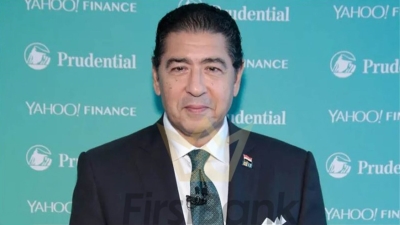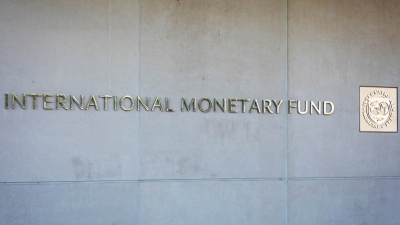J. P. Morgan, The Banker Who Lent The Federal Government

This Topic sheds light on the most prominent financial and banking figures in Egypt and the world in modern history, and talks briefly about their journey and most prominent achievements, John Pierpont Morgan, founder of JPMorgan Bank, who saved America’s economy and lent The Federal Government.
John Pierpont Morgan was born in 1837, descended from a family that immigrated from Wales in United Kingdom to the American state of Massachusetts in 1636, and studied at the Swiss University of Göttingen.
After graduating, he worked with his father in a partnership between Morgan & Co and Peabody in 1857. At that time, great financial turmoil occurred, and Peabody got a financial rescue from Bank of England after the American partner failed to pay off debts.
The following year, Morgan went to New York to work as an accountant and take care of his father's interests in Duncan Sherman & Co. He paid $300 for someone to replace him in the American Civil War at the time, also worked as a representative for his father in New York.
When his father saw Morgan's financial intelligence, he encouraged him to form a partnership between them, so that"Dabney, Morgan & Co" Company would be the result.
Another partnership took place between him and "Anthony Drexel" to form "Drexel Morgan & Co" in 1871, and became, JPMorgan Chase Bank under its current name.
This company later became a major financier of Rail transportation in the United States and the federal government itself.
Despite those efforts, Morgan's star did not shine until 1885,in that year he began investing in the railway industry, and when his father died in 1890, his wealth had quadrupled due to his investments, he took control of the company, which was renamed J.S. Morgan & Co.
Morgan contributed to the financing of one of the most prominent companies, as it funded the merger of “Edison General Electric” and “Thomson-Houston Electric Company” .
He was also one of the first investors in "Edison Electric" in 1878, and his own house was the first house in New York to be lit by electricity.
Regarding the financial crisis in 1893 and a sharp fall in wheat prices, which prompted many companies to resort to banks, Regarding the collapse of many companies, Morgan saved a lot of them, especially in the railway industry, handled troubles, and rebuilt the collapsed companies to eliminate competition and ensure huge profits.
Morgan's work continued until he died in 1913, leaving a career full of achievements that reflects the extent of the bankers' role in dealing with economic crises.









